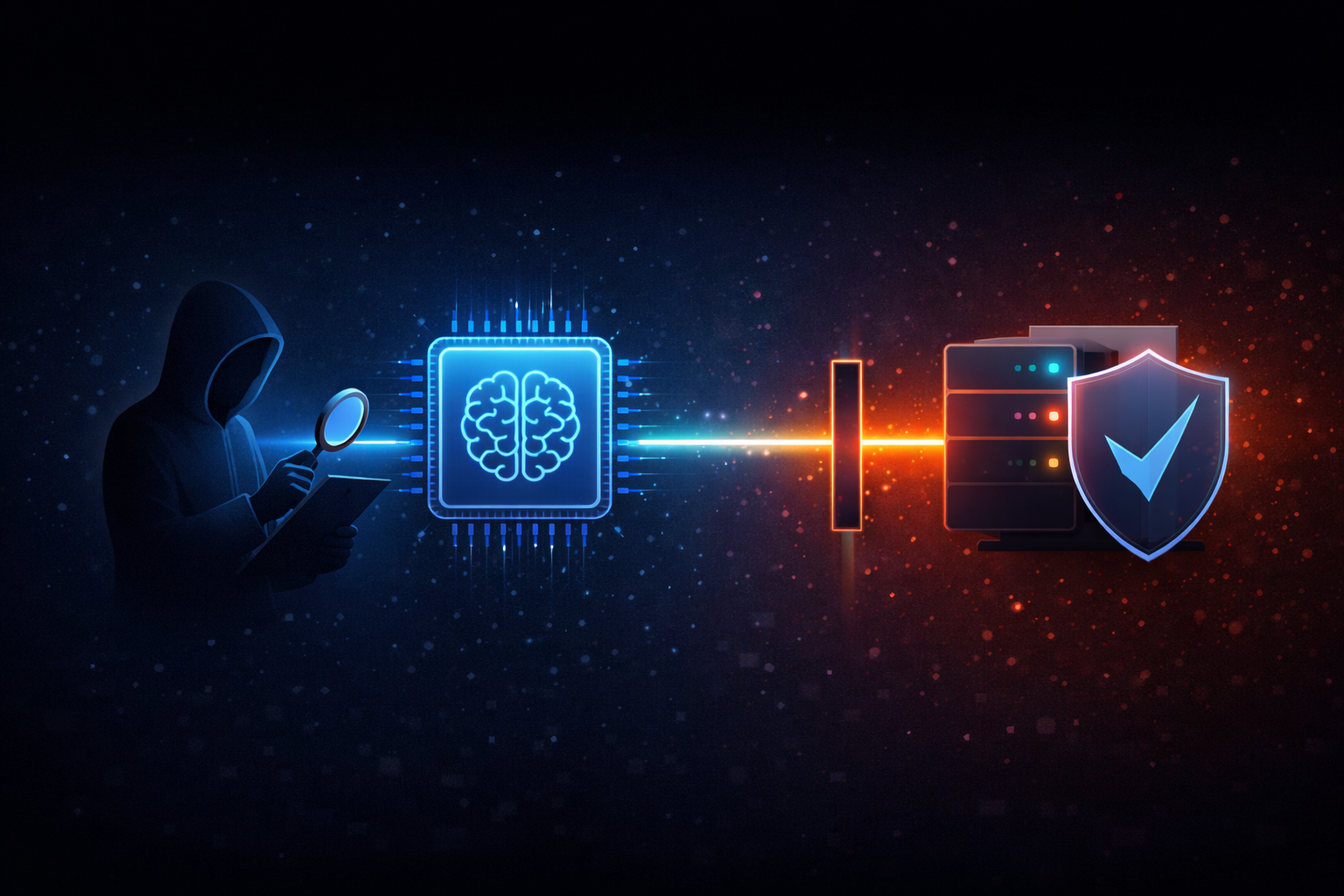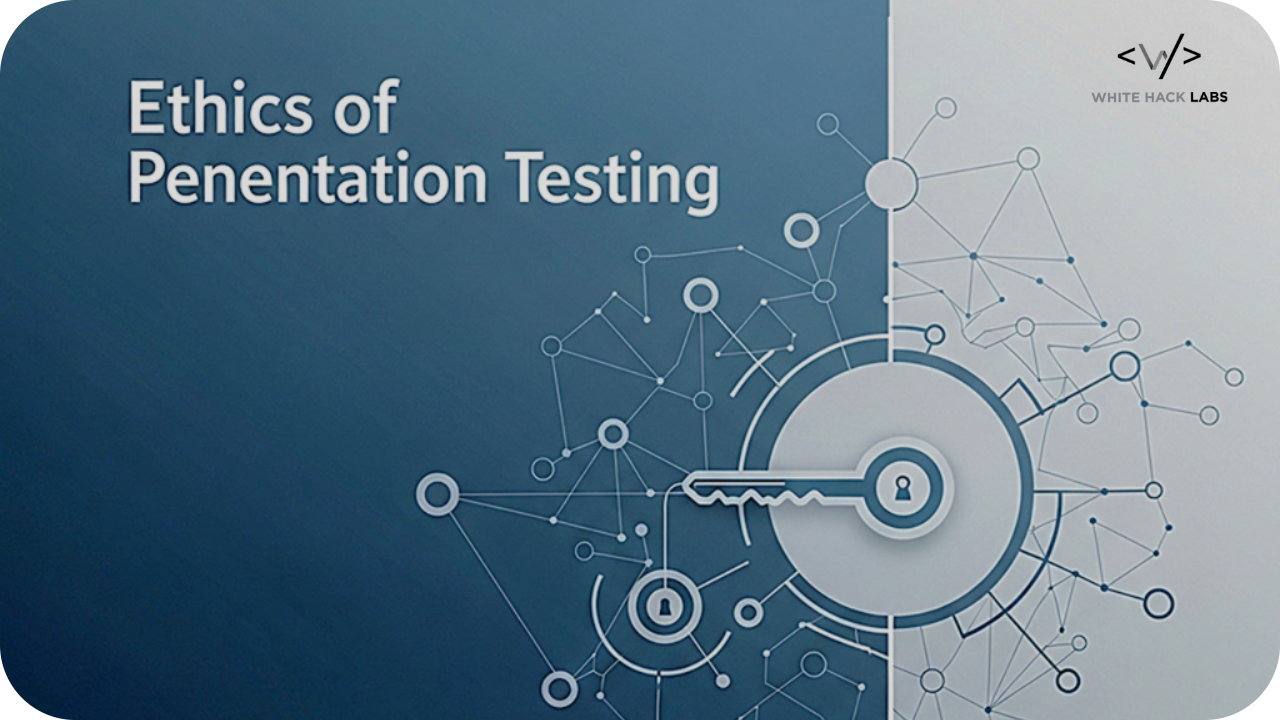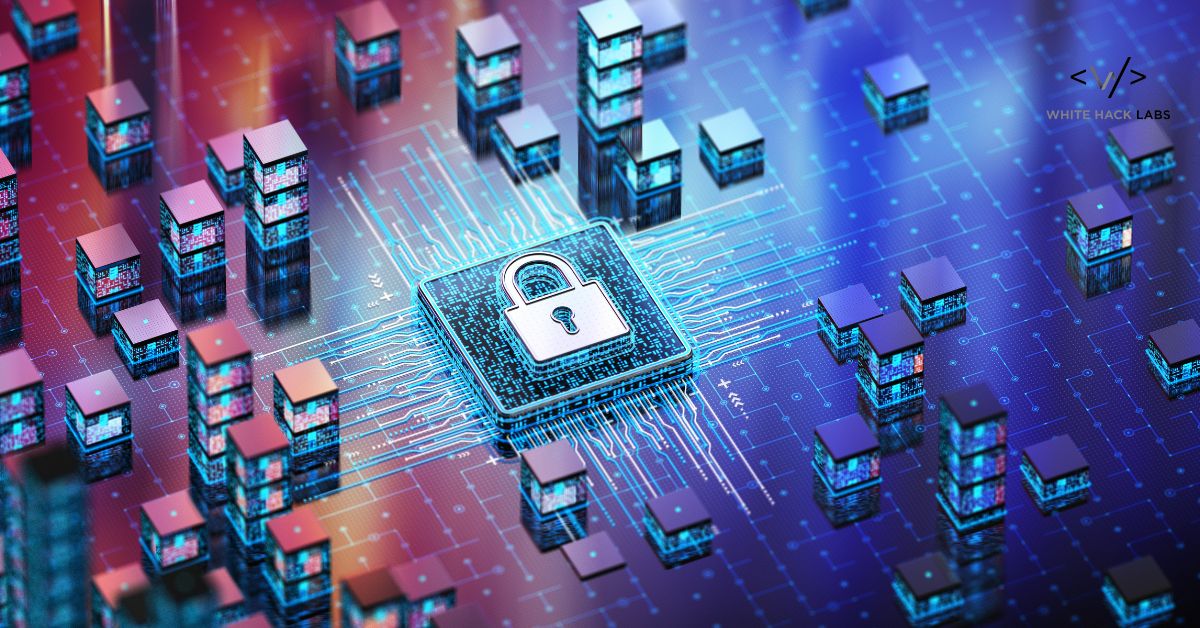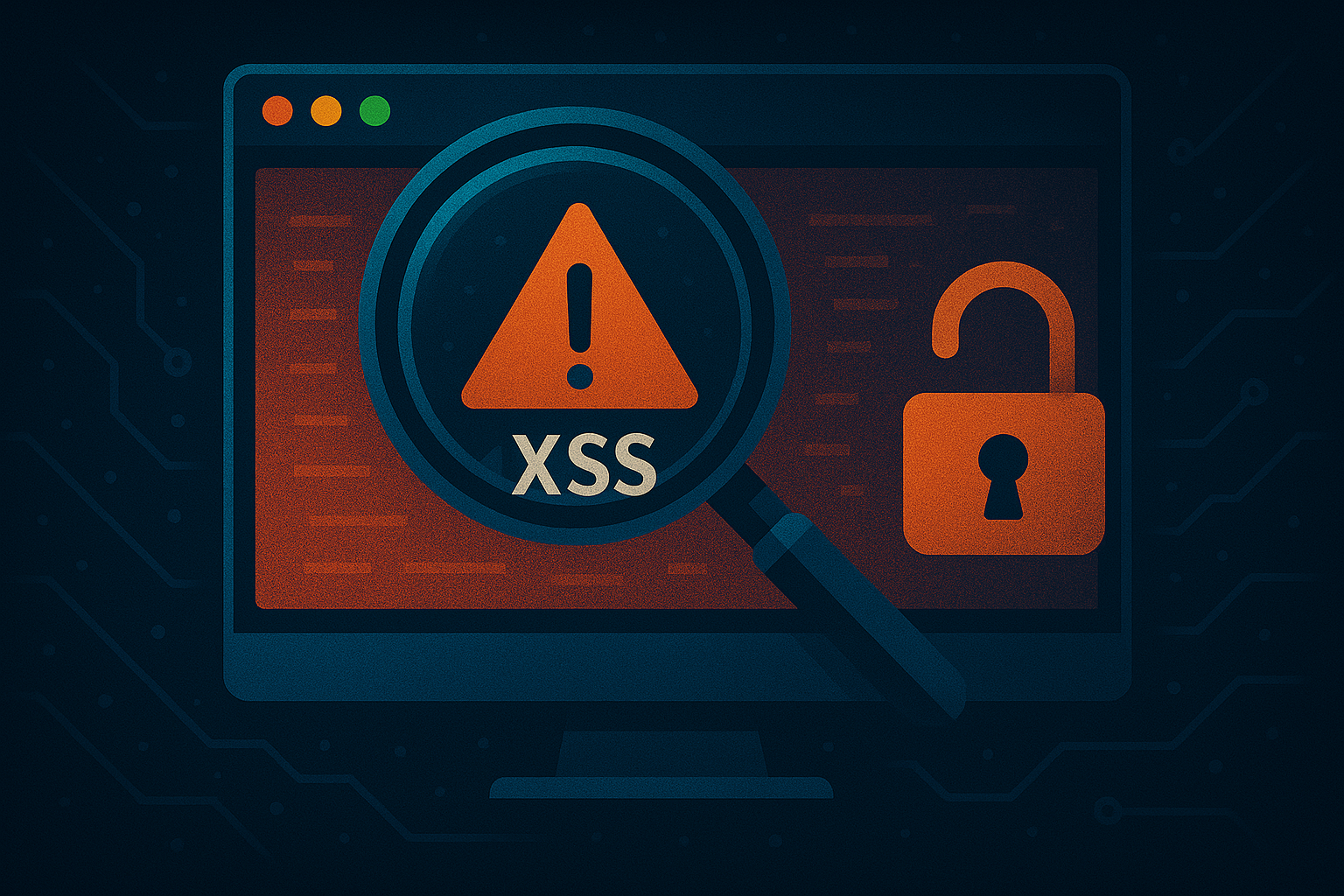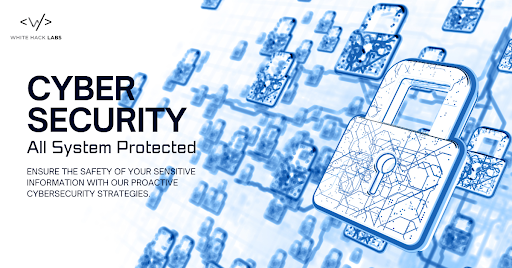
SaaS in today’s corporate world has become the new trend in how firms carry out their activities and how they manage their software requirements. Due to the increased usage of SaaS solutions by companies, understanding security implications becomes essential.
Comprehending Software as a Service (SaaS)
SaaS allows the user to easily employ the third-party applications which are hosted online. This technique helps organizations to halt the process of implementing and supporting applications on local servers as well as individual computers. Web interfaces can be viewed from anywhere and anyone can use a web browser to access apps, which is more scalable. SaaS conveniences share many advantages involving cost, ease of use, and rapid implementation but these bring about cybersecurity challenges that companies have to counter to secure their data and maintain operational integrity.
Security and SaaS: Accountability and Duties
SaaS applications offer advantages as well as cybersecurity issues. Reputable SaaS companies implement robust security protocols to safeguard their networks. Strong encryption, continuous monitoring, and multi-factor authentication are common examples. Nevertheless, due to its online accessibility, SaaS is vulnerable to fraudsters. Businesses that use SaaS services need to be aware of the security risks associated with these products.
Defending Private Information (Data Encryption)
This impairs data leakage or possible unlawful access when data is in transit and when it is stored in a database. Ensuring that the data relayed by the SaaS user to the provider is secure can be done through TLS (Transport layer Security). Data at rest is protected using Advanced Encryption Standard (AES) and other similar encryption means.
Control of Access
Securing sensitive data is aided by the use of role-based access control (RBAC) and multi-factor authentication (MFA). By requiring users to supply two or more authentication factors, MFA lowers the possibility of unwanted access. Users only get access to the data needed for their position, thanks to RBAC.
Vendor Security
The security provided by SaaS vendors varies. It is essential to evaluate the security protocols, incident response methods, and industry-standard compliance of possible providers.
Checklist:
Does the supplier adhere to ISO 27001 or other standards?
How does the organization handle incidents?
How do they respond to breaches of data?
Regulatory Compliance
Regulations concerning data protection and privacy exist across many fields. The key stakeholders in SaaS suppliers have the obligation to ensure that all the channels of their vendors and stakeholders are compliant with these regulations such as GDPR, HIPAA, and PCI DSS.
Constant Monitoring and Incident Response
Continuous Monitoring: Security of SaaS applications implies that the possible security risks have to be monitored and addressed regularly. Security information and event management systems are useful for active threat identification and can be dealing with it.
Incident Response: Cutting an incident short is ideally done when one has a proper plan in place. Above all, this plan should contain the actions for identifying, isolating, eradicating, and dealing with security threats.
The Value of Intrusion Exams
A strong cyber security plan for SaaS applications must include SaaS penetration testing or SaaS pen testing. To find holes in the application's security posture, this approach mimics actual attacks. Through proactive identification and remediation of these vulnerabilities, organizations can dramatically lower the likelihood of successful assaults.
The Use of White Hack Labs
Our area of expertise at White Hack Labs (WHL) is offering complete security solutions for SaaS apps. Our services assist companies with data protection, compliance management, and enhancing their overall security posture.
Professional Penetration Testers Our skilled team of security experts does comprehensive penetration testing to find weaknesses in your SaaS apps. We simulate real-world attacks using cutting-edge methods and resources to make sure your apps are safe from harm.
Particularized Security Evaluations We understand that every company has different security requirements. Our security evaluations are customized to meet the unique needs and difficulties of your SaaS environment, guaranteeing that the advice we provide is pertinent and useful.
Extensive Reports What we deliver is a detailed analysis of our results, the classification of all the identified vulnerabilities by their severity, and feasible solutions. This site’s purpose is to educate your employees so that you can bolster your security and protect your data.
Continuous Assistance Security maintenance requires constant work. To assist you in improving and preserving the security of your SaaS apps, we provide ongoing support. This entails routine retesting, security best practice training for the team, and threat and mitigation strategy advising.
Conclusion
Due to SaaS's unmatched flexibility and scalability, business operations have been completely transformed. However, moving to cloud-based services brings with it new security issues. Protecting sensitive data and preserving operational integrity requires an understanding of what SaaS implies in the context of cyber security.
SaaS Penetration testing is essential to find vulnerabilities and fix them before bad actors can take advantage of them. With our skilled security evaluations and penetration testing services, White Hack Labs is dedicated to making sure your SaaS apps stay safe. Get in touch with us right now to find out how we can protect your SaaS environment and guarantee the security of your vital information.
